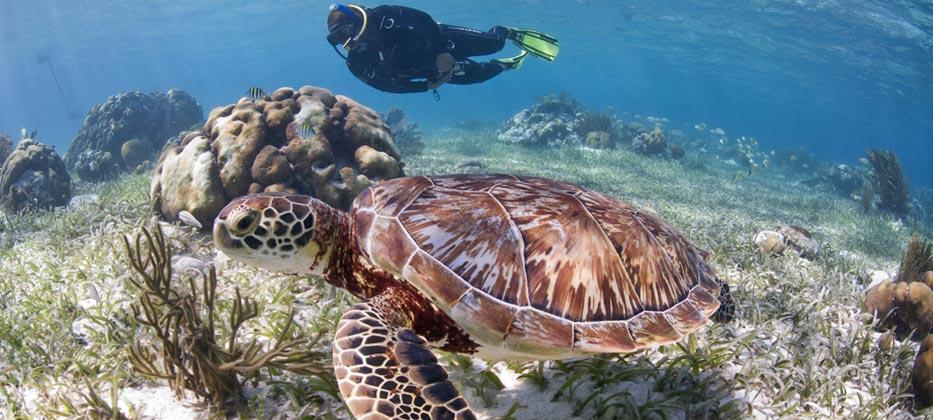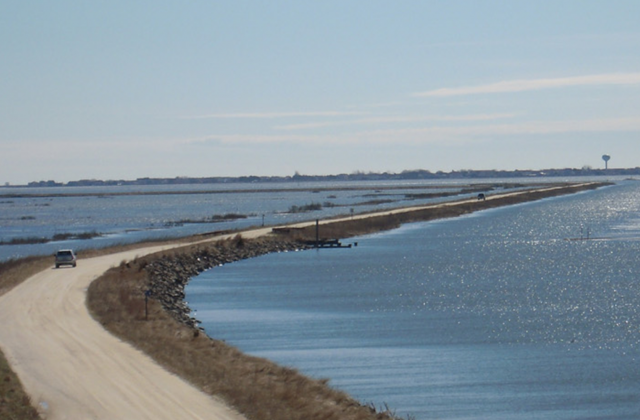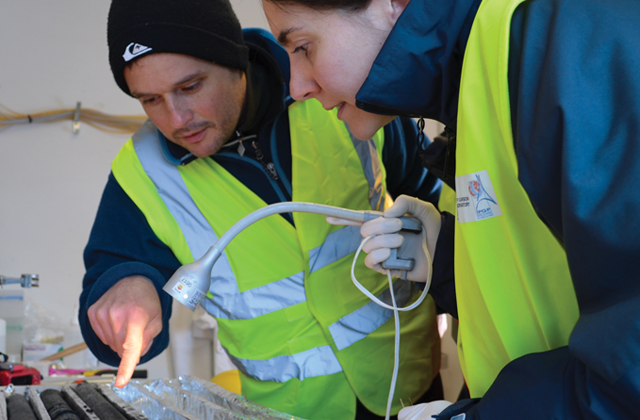How can we defend precious marine life?

The Mesoamerican Reef stretches more than 600 miles, spanning the Yucatan Peninsula, Belize, Guatemala, and Honduras. It is home to more than 500 species of sea creatures, which are crucial both to biodiversity and for the local fishing and tourism industries. But this sea life is threatened by climate change, as temperatures rise and strengthening storms cause flooding and pollute water. Columbia climate scientists are helping these coastal communities defend this precious habitat.
Columbia’s Earth Institute and World Wildlife Fund (WWF) are partnering along with local governments to analyze climate and ecosystem risks and recommend solutions. First, climate modeling will estimate future changes in ocean and sea surface temperatures, rainfall, sea level rise, and coastal flooding. Then workshops with local residents, community organizations, businesses, and government will examine the risks. Finally, the project teams will work with local stakeholders to design and implement adaptation strategies.
Columbia’s researchers anticipate using a combination of vegetation, natural barriers, and new infrastructure to both guard low-lying areas from sea level rise and climate events, and promote ecotourism. For coastal areas that are quickly eroding and do not have suitable habitats for vegetation, new construction of sea walls may be the only remedy. Learn more.
Make Your Commitment Today




